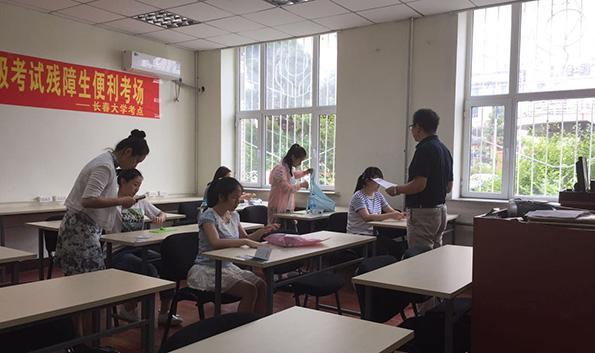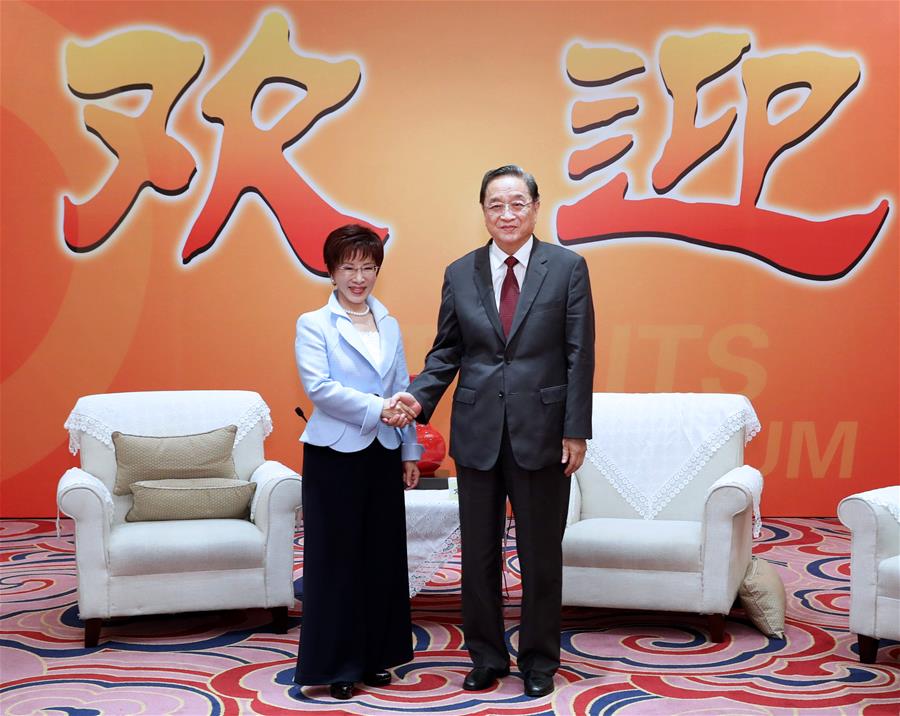China on Saturday began its second scientific expedition to the Qinghai-Tibet Plateau to study changes in climate, biodiversity and environment over the past decades.
The last expedition of similar scale was conducted in the 1970s.
|

|
|
Tibet plateau
|
This time, the expedition will last five to 10 years and the first stop will be Serling Tso, a 2,391-square-kilometer lake that was confirmed to have replaced the Buddhist holy lake Namtso as Tibet’s largest in 2014.
In the coming month, Chinese Academy of Sciences (CAS) will take more than 100 scientists to the lake area and the origin of the Yangtze, China’s longest river. They will be divided into four groups and make a comprehensive survey of the plateau glaciers, climate change, biodiversity and ecological changes, said Yao Tandong, an academician with the CAS.
“Great changes have taken place in the plateau’s resources and environment since the first scientific expedition,” said Yao, director of the CAS Institute of Qinghai-Tibet Plateau Research. “We need further research to find out ways to cope with these changes.”
China’s first comprehensive scientific expedition to the Tibet plateau began in the 1970s and covered more than 50 disciplines including geologic structure, prehistoric life, geophysics, climate, zoology and botany.
“The scientists reported major discoveries and filled many gaps in plateau research,” said Yao.
The new round of research, he said, will focus on changes.
Zhu Liping, a CAS researcher leading the lake observation team, said the surface of Serling Tso Lake, for example, had expanded 40 percent between 1976 and 2009.
Since 1990, water in the plateau’s 1,000 lakes has increased by 100 billion cubic meters.
“The volume is equal to three times the water in Three Gorges Dam,” Zhu said. Study will measure the impact on the ecology and its potential link to flooding and drought in the low-lying eastern monsoon region.
Zhu said data will be collected by scientists using automatic boats for the first time and a topographic map will be drawn.
“The plateau climate is becoming warmer and more humid,” said Xu Baiqing, who leads another team to the glaciers. The team will drill ice cores at three major plateau glacier groups. Buried in the cold interiors of glaciers, ice cores contain well-preserved and detailed records of climate change in a century.
The impact of climatic changes would be assessed and proposals for conservation and rational development of resources formulated.
On the archaeological front, scientists will look for evidence that can prove an earlier archaeological discovery of a Paleolithic ruins in the Serling Tso suggesting that humans might have been lived on this part of the world since some 30,000 years ago.
Archaeologists will try to answer why humans came to this plateau, where did they come from, and how did they adapt to high altitude living, according to team leader Deng Tao, deputy director of Institute of Vertebrate Paleontology and Paleoanthropology, under CAS.
A fourth team will research the biological diversity on the plateau and draw up a habitat map for preservation and tourism purposes.
A national park might be set up in Serling Tso.
The expedition will also take scientists to the China-Pakistan Economic Corridor and a pass linking to south Asia.
read more




